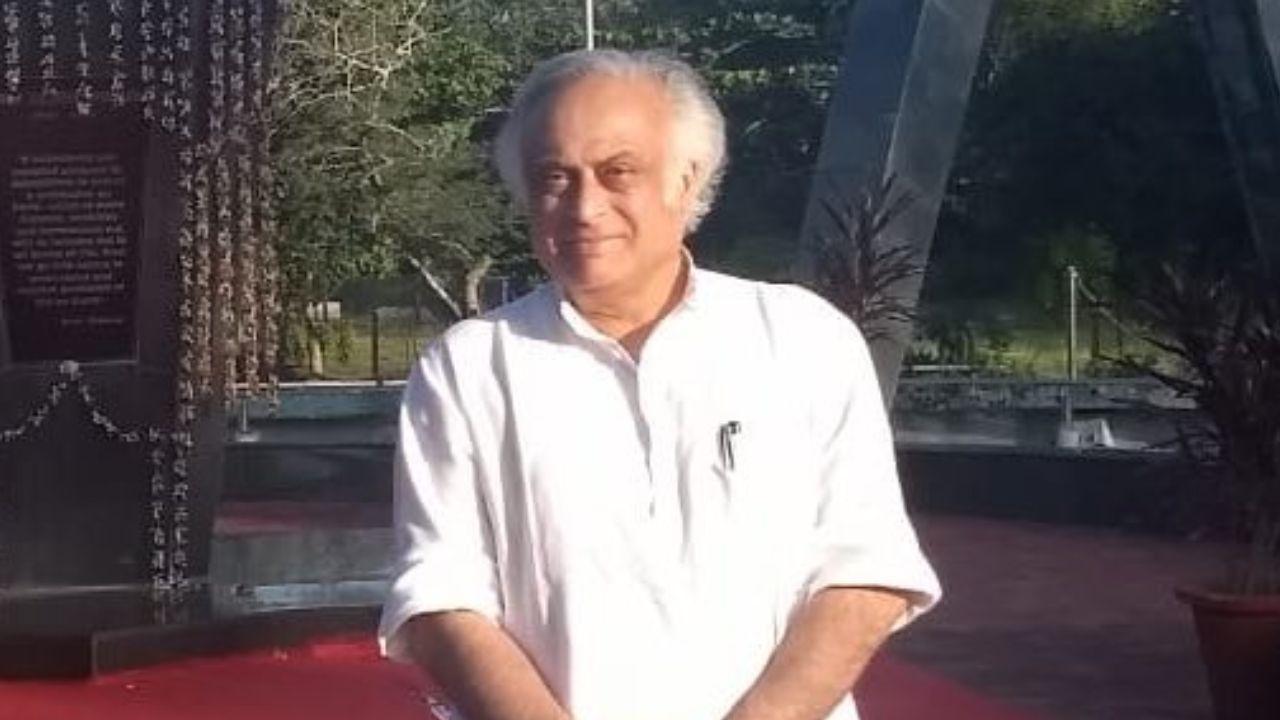Election Commission's statistics revealed that various significant political parties benefited from electoral bonds, including the BJP, Congress, TMC, and others

Jairam Ramesh/ File Photo
During the ongoing Bharat Jodo Nyay Yatra in Maharashtra, Congress general secretary in charge of communications, Jairam Ramesh, alleged that 60 per cent of the electoral bonds had been directed towards the Bharatiya Janata Party (BJP), just a day after the Election Commission disclosed the electoral bonds data shared by the State Bank of India (SBI) in compliance with the Supreme Court's orders.
ADVERTISEMENT
Ramesh told ANI, "I have analyzed it (electoral bonds)...The analysis shows how the electoral bonds were misused. 60 per cent of the electoral bonds went to the BJP. I have shown through the analysis how the ED, CBI and Income Tax have also been misused..."
"Those who have donated were awarded contracts and other projects. It is a joint conspiracy," the Congress MP further told the news agency.
#WATCH | Palghar, Maharashtra: Congress leader Jairam Ramesh says, "I have done an analysis on it (electoral bonds)...The analysis shows how the electoral bonds were misused. 60% of the electoral bonds went to the BJP. I have shown through the analysis how the ED, CBI and Income… pic.twitter.com/6g2LioJZW2
— ANI (@ANI) March 15, 2024
The Election Commission's statistics revealed that various significant political parties benefited from the plan, including the BJP, Congress, Trinamool Congress, and others, reported ANI.
Per the report, Future Gaming and Hotel Services and Megha Engineering and Infrastructures Ltd were among the top political party donors, along with Finolex Cables Ltd, Lakshmi Niwas Mittal, and Edelweiss Housing Finance Ltd.
The Electoral Commission revealed the data provided by the SBI, which included bonds purchased and redeemed between April 12, 2019, and February 15, 2024. SBI said that 22,217 bonds were purchased during this time, the report added.
Electoral bonds, also known as promissory notes or bearer bonds, were established to raise funding for political parties. Individuals, businesses, firms, or groupings of persons could purchase them as long as they were Indian citizens or were incorporated/established in India.
The data was released in response to multiple petitions brought before the Supreme Court opposing amendments passed by the Finance Acts of 2017 and 2016, which raised worries about unlimited and uncontrolled political party funding, the ANI report stated.
 Subscribe today by clicking the link and stay updated with the latest news!" Click here!
Subscribe today by clicking the link and stay updated with the latest news!" Click here!







